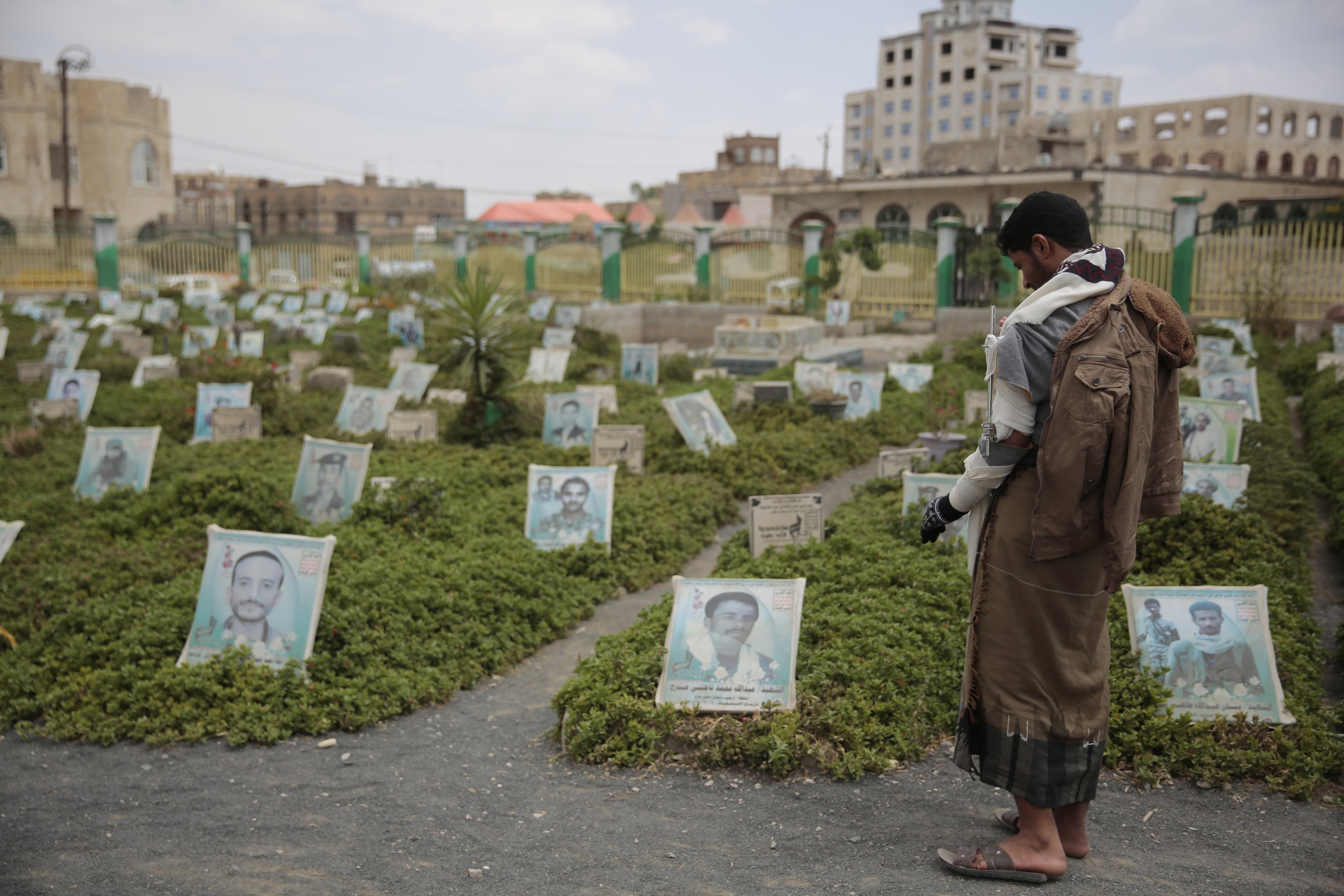© Turkuvaz Haberleşme ve Yayıncılık 2024
Wars and conflicts have directly or indirectly caused over 4.5 million deaths worldwide since the Sept. 11, 2001, terrorist attacks in the U.S., a new study by world-renowned Brown University has revealed.
The numbers, which continue to grow, were released Monday as part of the Costs of War project and the figures over the past two decades since 9/11 are staggering.
The report estimated that nearly 1 million people were directly killed by wars in Afghanistan, Iraq, Pakistan, Syria, Yemen, Libya, and Somalia.
On the other hand, more than 3.5 million people died indirectly from war-related factors such as failed economies, extreme poverty, malnutrition and the spread of diseases such as cholera and measles.
The direct and indirect war casualties roughly total between 4.5 million to 4.6 million people, while the numbers continue to grow from ongoing global conflicts.
"These wars are ongoing for millions around the world who are living with and dying from their effects," said the report, which emphasized that women and children "suffer the brunt of the impact."
While the project does not assign blame to any particular country, the U.S. was singled out for its role in many of these foreign conflicts post-9/11, especially the casualties over the past 20-plus years in Afghanistan.
"Though in 2021 the United States withdrew military forces from Afghanistan, officially ending a war that began with its invasion 20 years prior, today Afghans are suffering and dying from war-related causes at higher rates than ever," the report continued.
The Costs of War project said that far more research is needed to collect more adequate data "to guide life-saving interventions."

"More studies are necessary on the impact of war's destruction of public services, especially beyond the healthcare system, on population health," the report added. "Damage to water and sanitation systems, roads, and commercial infrastructure such as ports, for instance, have significant but less understood consequences."
The project also called on governments around the world, including the U.S., to take responsibility of repairing the damage inflicted by these wars.
"Reparations, though not easy or cheap, are imperative," the study concluded.
